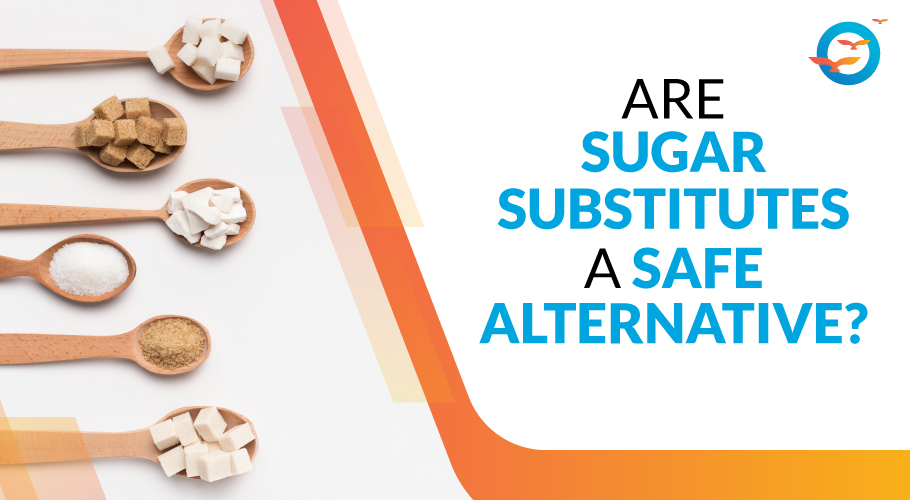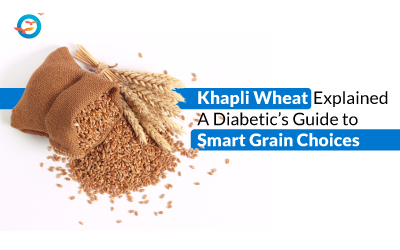Sugar Substitutes and Type 2 Diabetes: Are They Safe Alternatives?

For individuals living with type 2 diabetes, managing sugar intake is crucial. Sugar substitutes, also known as artificial sweeteners or non-nutritive sweeteners, are often used as alternatives to sugar to sweeten foods and beverages without affecting blood sugar levels. But are they safe for people with diabetes? Let's explore.
Types of Sugar Substitutes:
There are several types of sugar substitutes available, including:
1. Artificial sweeteners:
These are synthetic sugar substitutes that are much sweeter than sugar, so only small amounts are needed. Examples include aspartame (Equal, NutraSweet), saccharin (Sweet'N Low), and sucralose (Splenda).
2. Sugar alcohols:
These are carbohydrates that occur naturally in certain fruits and vegetables but can also be manufactured. Examples include sorbitol, xylitol, and erythritol.
3. Natural sweeteners:
These are sweeteners that occur naturally in foods. Examples include stevia (from the stevia plant), monk fruit extract, allulose and tagatose.
4. Safety of Sugar Substitutes:
The safety of sugar substitutes is a topic of debate. Some studies suggest that artificial sweeteners may have adverse effects on health, such as increasing the risk of metabolic syndrome, altering gut bacteria, and even potentially leading to weight gain. However, other studies suggest that when used in moderation, sugar substitutes can be a safe and effective way to reduce sugar intake without compromising taste.
Impact on Blood Sugar Levels:
One of the primary reasons people with diabetes use sugar substitutes is to avoid spikes in blood sugar levels. Most sugar substitutes do not affect blood sugar levels, making them a suitable alternative for people with diabetes.
However, it's essential to note that sugar alcohols can have a mild impact on blood sugar levels and may need to be counted in your carbohydrate intake.
Choosing the Right Sugar Substitute:
When choosing a sugar substitute, consider the following:
- Taste:
Some sugar substitutes have a bitter aftertaste, which may affect your enjoyment of foods and beverages.
- Cooking and baking:
Not all sugar substitutes are suitable for cooking and baking, as some may lose their sweetness when exposed to heat.
- Health considerations:
Consider your overall health and any potential risks or benefits associated with different sugar substitutes.
Conclusion:
Sugar substitutes can be beneficial for reducing sugar intake in individuals with type 2 diabetes. However, it's crucial to weigh the potential risks and benefits of different types of sugar substitutes. Consulting with your healthcare provider or a registered dietitian can help determine the most suitable sugar substitute for your specific needs.
At Freedom from Diabetes, we do not recommend the use of any sugar substitutes. Instead, we highly recommend using stevia drops/powder, monk fruit sugar, dates (in moderation) to add sweetness to food. It's recommended to include low glycemic index fruits, such as apples, for sweetness. The dietitian can provide guidance on the appropriate amount to consume. This approach has yielded incredible results in reversing diabetes of thousands.
Caution
Overdoing natural sugar substitutes is also not encouraged.
Visit our website to learn more about our approach. You can also explore our recipe section for a variety of diabetes-friendly recipes.
Choose rightly... Remain Healthy!

